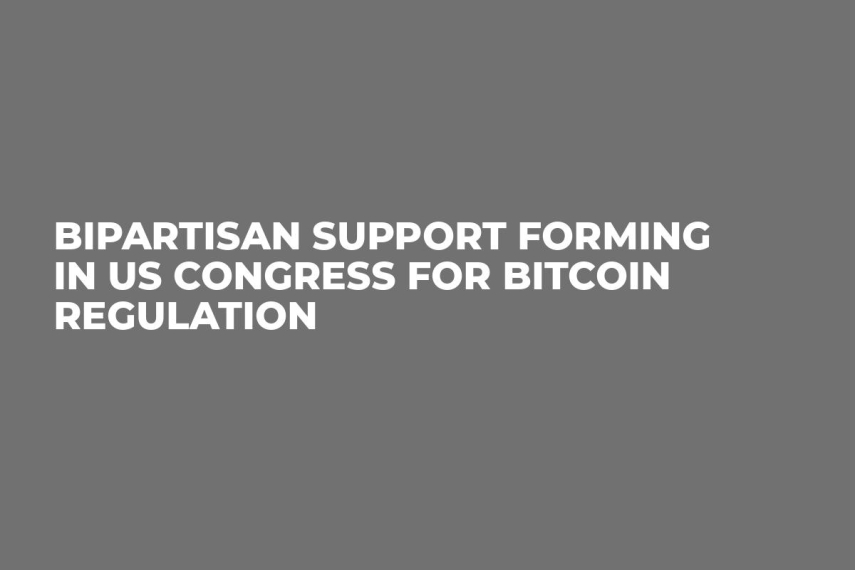
Support is growing on Capitol Hill to federally regulate cryptocurrencies, according to Reuters. While we’ve heard plenty of rumblings about regulation before, this time it may be different, with a number of Republicans coming out in favor of regulation, despite their anti-regulatory ideological bent.
Party ideology
The US’ two major political parties are at odds over the role of tech in society, and each party has its pros and cons in how it deals with crypto-related issues. On the one hand, many digital currency enthusiasts welcome Democrats’ approach to net neutrality and the party is generally less vociferous in opposition to strong encryption than are Republicans. On the other hand, cryptocurrency investors tend to like Republicans’ hands-off approach to regulation.
Republicans for regulation
Some of the Republicans calling for greater federal oversight include Senator Mike Rounds, who serves on that body’s Banking Committee. Rounds commented:
There’s no question about the fact that there is a need for a regulatory framework.
Republican Congressman Bill Huizenga, chair of the House Financial Services Subcommittee, says that things have changed recently due to the growth of the digital currency market, and its stunning volatility, in the last half-year. Huizenga noted:
Six months ago, we didn’t see this explosion. The marketplace has changed...The SEC is properly the lead on this issue.
SEC oversight
In the US, the Securities and Exchange Commission (SEC) regulates the securities markets- think stocks, bonds and other financial instruments. While the SEC has shown an interest in regulating Initial Coin Offerings (ICOs) due to their securities-like nature, so far the agency has punted on Bitcoin regulation.
Gray areas
In some ways, digital currency could benefit from some light regulatory clarification. One of the current challenges facing cryptocurrency is that nobody is entirely sure how to regulate it, which results in countless conflicting rules. The IRS says it’s property, but the Financial Crimes Enforcement Network (FinCEN) treats it as currency by subjecting it to anti-money laundering (AML) and know-your-customer (KYC) laws. The SEC says digital currency is not a security but a commodity, meaning it’s up to the Commodities Futures Trading Commission (CFTC) to regulate. In fact, it was the CFTC that approved the three major Bitcoin futures markets that have been created.a